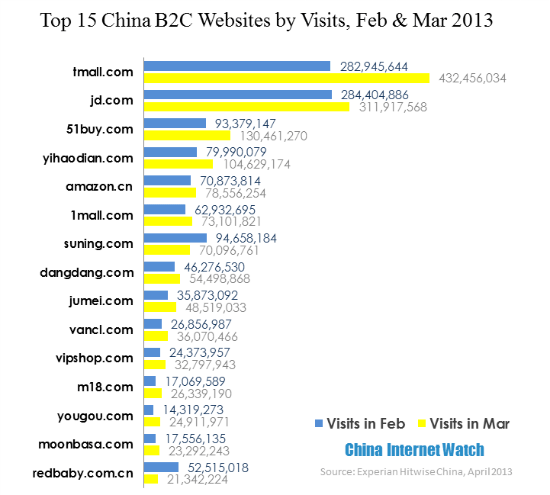Jack Ma is one of the first entrepreneurs to
develop e-commerce in China. He and his team
have achieved many ‘firsts’ in the area of Chinese
Internet Trade. He founded the first internet
commercial website in China, and created a B2B
marketplace platform to all small and
medium-sized enterprises in Asia and around the
world. He promoted the “Trust Pass” plan on the
website, which created the world’s first on-line
credit platform for companies.
Under Jack Ma’s leadership, the Alibaba B2B
websites have attracted more than 17 million
registered members in 220 countries globally,
with daily postings exceeding 35 million, making
Alibaba.com the most active Internet market
place and B2B community worldwide.
Jack Ma vision and values in Alibaba:
The company will remain a ‘start-up’ no matter how long it has been in existence. What ever has
been stable, I will disrupt that stability. The company needs to continue to innovate and grow. I
want the employees to believe that we are a small company, no matter how big we get. I believe
we can create a system and culture to perpetuate this culture of entrepreneurial and start-up spirit. To fuel the entrepreneurial and innovative spirit, along with a service attitude, Jack Ma is
looking for people with the following characteristics:
1) People with a dream. “Don’t let your colleagues work for you. They need to
work for their dreams!” If people don’t believe in the dream and join the company
purely for money, they won’t stay long .
2) People with shared values. “The value system is very important at Alibaba. We
are crazy for it! In China, we might be the only crazy company who so strongly
maintains our value system. People who don’t fit our values cannot survive in
the company.” (Alibaba’s six core values are customer comes first, teamwork and
cooperation, embracing change, integrity, passion, and honoring your job).
3) People with a smile. “When we hire people, we look for people who are naturally
optimistic and happy. In the start-up process we will meet with difficulties and
challenges. Optimistic and happy people can better deal with these challenges
and succeed. It’s hard to make a happy person unhappy, but it’s even harder to
make an unhappy person happy. I am able to tell whether a person is on our
staff by their smile.”
4) People who enjoy work and can turn stress and challenges into
innovation. ”Employees must be able to handle pressure and challenges, and
turn them into positive energy for innovation, not negative energy for depression.”
5) People who work together. “We don’t welcome people who think they are smart because they may think they are above others. This industry is so new that it
really doesn’t have any real talents. The people who are real talents probably
don’t know they are talents. Everyone has tremendous potential. We all use
other people’s strengths to overcome our weaknesses …. We are all ordinary
people, but our goals are extraordinary.”
.
